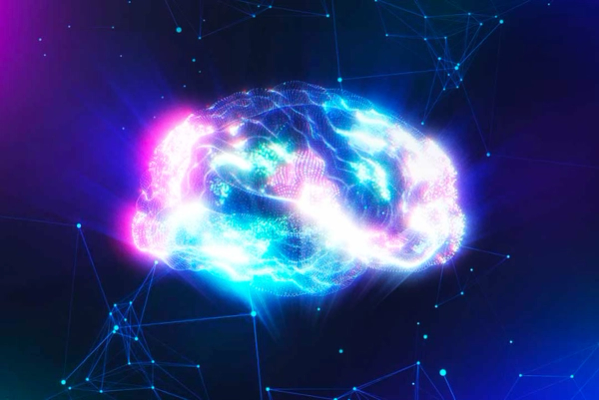June 2023

30 Jun 2023
Responsible AI is the practice of developing and deploying AI in a fair, ethical, and transparent way to ensure that AI aligns with human values and does not harm individuals or society. Holistic AI identifies five pillars of responsible AI, including data governance, stakeholder communication, engagement at the board-level & collaboration, developing human-centred AI, complying with relevant regulation, explainable AI, and taking steps towards external assurance. By employing a responsible AI approach, businesses can seamlessly integrate AI into their operations while reducing potential harms. This is becoming increasingly important as the use cases and normalization of AI in everyday life and industry have simultaneously resulted in increased regulation and consequences to future-proof and protect consumers from the potential harm of unchecked adoption of AI.

29 Jun 2023
The EU AI Act is a landmark piece of legislation that will comprehensively regulate AI in the European Union. The Act has a risk-based approach and grades AI systems according to four levels of risk. Businesses have around two-and-a-half years to prepare for the Act before it is enforced in 2026. Entities covered by the Act must prepare, including providers of AI systems, deployers, and those located in third countries. To prepare for the Act, organisations need to create an inventory of their AI systems, develop governance procedures and guidelines, educate their employees, invest in expertise and talent acquisition, and invest in the necessary technologies and infrastructure. Holistic AI offers a comprehensive solution for preparing for the EU AI Act.

Governments worldwide are implementing laws to regulate the use of AI and other automated systems in the HR Tech sector. In the US, new laws are being proposed and implemented at the federal, state, and local levels to address bias and discrimination and increase transparency in employment decisions. Existing laws also apply to these technologies, adding additional requirements for HR Tech companies to comply with. The regulatory landscape is rapidly evolving, making it crucial for companies to stay up-to-date with the latest laws to avoid legal issues.

California has proposed legislation to limit workplace monitoring and address the use of automated-decision systems to make AI safer and fairer. The latest initiative, AB-331, seeks to regulate tools that contribute to algorithmic discrimination by prohibiting the use of automated decision tools that disfavor individuals based on their protected classification. Deployers must annually perform an impact assessment of ADT tools used to make consequential decisions and notify individuals affected by the decision of the use of ADT. Non-compliance may result in an administrative fine of up to $10,000 per violation or civil action. Exemptions apply to developers with fewer than 25 employees or if the ADT tool impacts fewer than 1,000 individuals per year.

The article discusses the varying definitions of Artificial Intelligence (AI) and its impact on society, including real-world examples of AI applications in industries such as healthcare and finance. It highlights the benefits and risks of AI, including ethical concerns about job displacement, privacy, and AI-proliferated misinformation. The article also explores the future of AI, including generative AI and the theoretical concept of artificial general intelligence that could one day solve the world's most complex problems. The article stresses the importance of understanding the applications and impact of AI and engaging in ethical discussions around bias and responsible deployment.